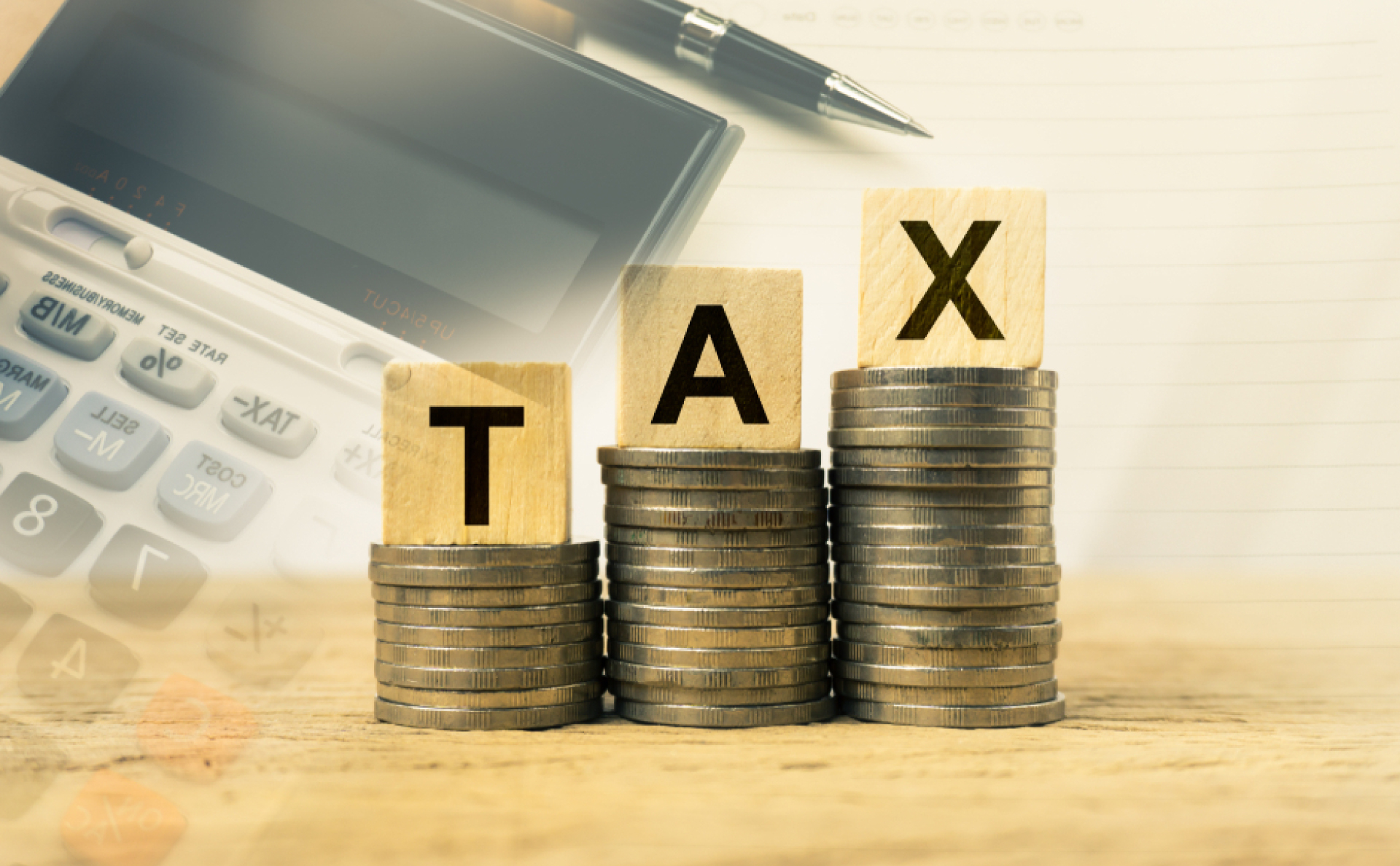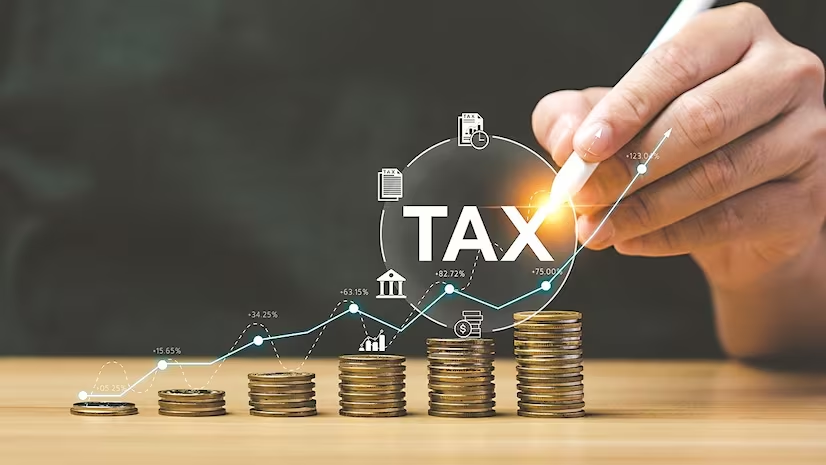The Federal Board of Revenue (FBR) has issued an updated version of the Sales Tax Act 1990, incorporating significant amendments introduced through the Finance Act 2024. One of the key changes is the expanded definition of “tax fraud,” aiming to tighten regulations and enhance tax compliance.
Under the updated Sales Tax Act 1990, “tax fraud” encompasses a wide range of activities intended to evade tax liabilities or unlawfully claim tax credits or refunds. The definition now includes:
This involves not declaring supplies that are chargeable under the Sales Tax Act, thereby avoiding tax payment. Claiming input tax credits without proper justification or documentation. Making taxable supplies of goods without issuing the required tax invoices, in violation of the Sales Tax Act provisions. Issuing tax invoices without actual supply of goods to claim inadmissible input tax credits or refunds.
Using any means or methods not covered by the previous clauses to evade tax by claiming undue input tax credits or obtaining inadmissible refunds. Collecting tax but failing to deposit it within the prescribed period of three months from the due date. Altering invoices or financial records, producing fake accounts or documents, or providing false information to evade tax or claim refunds.
Destroying or tampering with material evidence or documents required under the Sales Tax Act. Handling goods that are believed to be liable for confiscation under the Sales Tax Act.Making taxable supplies without being registered under the Sales Tax Act.Any act or omission with the intent to cause tax loss, unless proven otherwise by the accused.
The FBR’s explanation emphasizes that any act or omission related to tax fraud will be presumed intentional unless the accused can demonstrate a lack of intention, motive, knowledge, or reason to believe they were committing fraud. This places the burden of proof on the accused, enhancing the accountability measures within the tax system.
The expanded definition of tax fraud in the Sales Tax Act 1990 signals the government’s commitment to curbing tax evasion and improving tax collection. Businesses and individuals engaged in taxable activities must ensure strict compliance with the updated regulations to avoid severe penalties.
Any individual or entity making taxable supplies without proper sales tax registration from the FBR is now explicitly covered under the definition of tax fraud.The FBR is likely to enhance its monitoring and enforcement mechanisms to identify and penalize instances of tax fraud more effectively. The comprehensive definition allows for stricter penalties and legal actions against those found guilty of tax fraud, including substantial fines and potential imprisonment.




